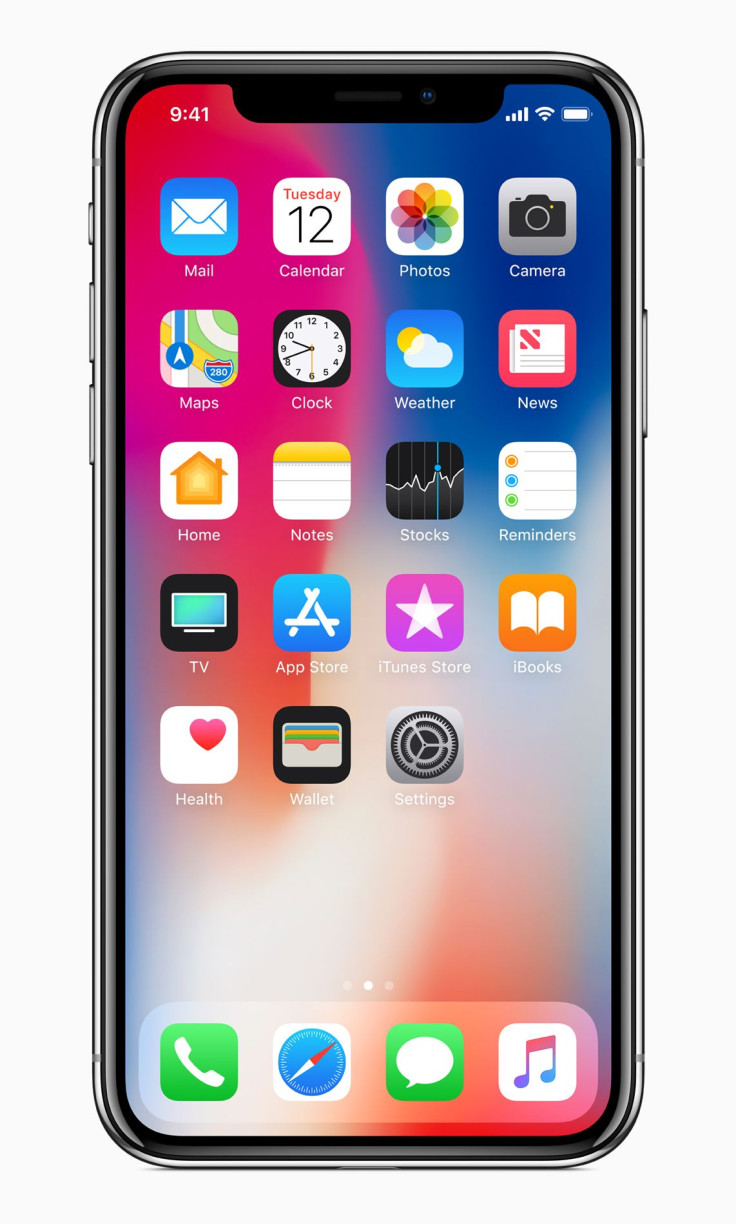Samsung to earn around US$110 from each iPhone X

A new report shows that Samsung can make around US$110 (AU$ 141) from each iPhone X that Apple sells. It could result to billions more than it made on its own recent flagship, the Galaxy S8.
This is according to a new report from The Wall Street Journal. For clarifications, Samsung is discussed as a corporate entity, not Samsung Electronics, which in general is the more popular part of the company.
Based on Wall Street Journal estimates, Samsung’s profits from the iPhone X are expected to be so huge, its revenues could earn up to US$4 billion (AU$5 billion) more than producing parts for the Galaxy S8. Therefore, if the iPhone X sells the way analysts expect, Samsung stands to earn billions of dollars off its competition.
“These are two of the largest companies on the planet deeply tied at the hip and directly competitive,” David Yoffie, a professor at Harvard Business School, told The Journal. Yoffie serves on Intel Corp’s. He has also studied Apple.
Samsung can make OLED displays, NAND flash and DRAM chip in the quantities. Apple needs these for its iPhones, the main revenue driver for Apple. The Journal notes that those part orders are a huge chunk of Samsung’s component business, which accounts for about 35 percent of the company’s revenue.
Analysts also predicted record-breaking sales for the Galaxy Note 8, Galaxy Note 7’s successor. Last month, Lee Soon-hak of Hanwha Investment and Securities told The Investor that he expected sales of up to 12 million Note 8 units, beating the previous record of 8.5 million Note 5 units.
Success can already be seen on Samsung Electronics’ stock ticker. Its stock hit record-highs in the past month, up 65 percent from last September.
The firm also reported record-high second-quarter revenue in July, according to CNBC, jumping 73 percent from the previous year. It was primarily because of a huge increase in semiconductor sales.
But Seoul National University’s Graduate School of Public Administration professor Park Sang-in did not appear cheery about Samsung Electronics’ outlook. In an interview with Forbes, he said that several manufacturers will quickly catch up to the company's innovative chips.
He added it was a huge risk to Samsung Group in the future and the Korean economy as well. “In a certain sense that will be the first time, Korea will have some serious owner risk” for one of its top conglomerates,” Park said.
Apple/YouTube





















